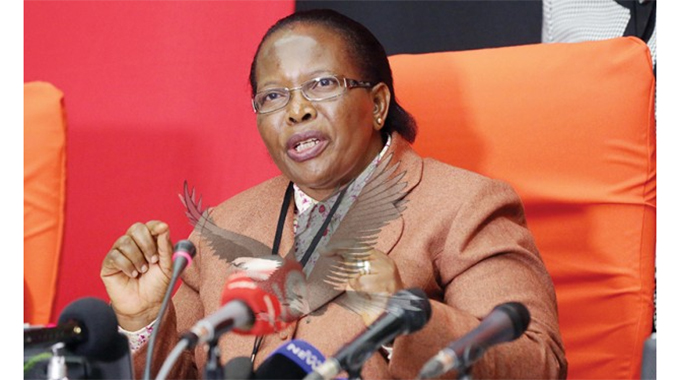Covid-19 third wave ravages many parts of Africa

The rate of coronavirus cases is rising in many parts of Africa, where governments face alarming shortages of funds and vaccines.
German Development Minister Gerd Müller is getting a closer look.
Minister Müller’s first stop on his week-long tour of West Africa trip was Lome, the capital of the small country of Togo.
As in all African countries, there is a shortage of vaccines and medical equipment.
Müller came with a donation of 30 ventilators and more than 5 000 oximeters to help support the country’s efforts to combat COVID-19.
On his trip, which includes stops in Gambia, Sierra Leone and Senegal, Müller is hoping to gain a deeper insight into the social and economic impacts of the pandemic.
He will also discuss the possibilities of producing vaccines in West Africa.
In Togo, he met pharmaceuticals representatives and visited factories. Germany has invested €142 million ($170 million) into the country’s agriculture, energy and education sectors.
Togo’s economic growth fell from 5.5 percent to 1.8 percent in 2020 because of the pandemic.
Still, Togo was able to contain the latest wave, in April, and daily reported infections are currently in the low double digits, according to the scientific online publication Our World in Data.
The global drop in infection rates “masks a worrying increase in cases and deaths in many countries,” Tedros Adhanom Ghebreyesus, the director-general of the World Health Organisation (WHO) told journalists this week.
“The steep increase in Africa is especially concerning because it is the region with the least access to vaccines, diagnostics and oxygen,” he said.
Conflicts in Ethiopia, Mali and the Democratic Republic of the Congo are exacerbating the situation.
In Uganda, in East Africa, the number of new daily cases has shot up in the past month and had reached 1 400 by June 15, according to Our World in Data.
Ugandan President Yoweri Museveni announced a strict lockdown on June 6.
Under the measures, all schools and institutions of higher learning were immediately closed for 42 days and all teachers must get fully vaccinated before they are allowed to return to work.
Communal prayers in churches and mosques are also suspended for 42 days, as is public transport such as buses, taxis and boda boda motorcycle and bicycle service between and across districts.
In the neighbouring Democratic Republic of the Congo, President Felix Tshisekedi warned of a “fatal third wave” and told people to be cautious, limiting gatherings to 20 people and shutting down nightclubs.
According to the Africa Centres for Disease Control and Prevention (Africa CDC), more than 35 000 Covid-19 cases have been registered in the Democratic Republic of the Congo so far and 845 people have died.
However, the numbers are rising at an alarming pace.
“The situation is serious, our hospitals are overcrowded,” the president said, according to media reports.
The beginning of winter has increased the risk of infection in South Africa, where the number of cases has doubled in a short time, according to the WHO.
On June 15, the country’s Health Ministry reported more than 8 400 new cases.
There have been over 58 000 deaths so far.
It is questionable whether vaccines can help in such a situation.
According to Africa CDC, not even 1 percent of the African population has received both shots of the COVID-19 vaccine; yet South Africa is in the top third of African states when it comes to progress in inoculating the population. — Wires.








Comments